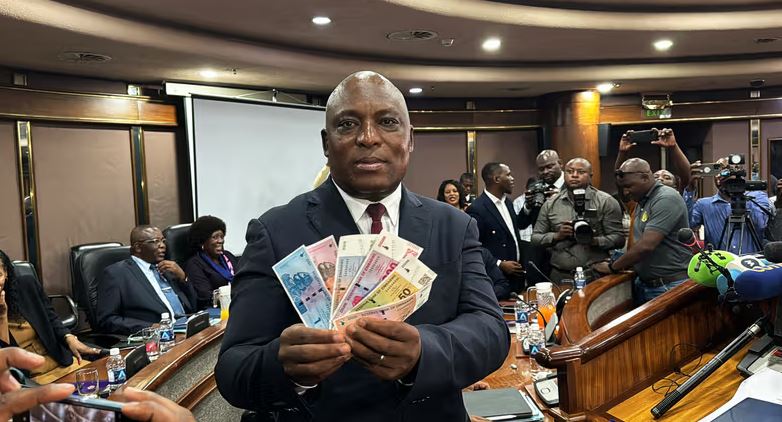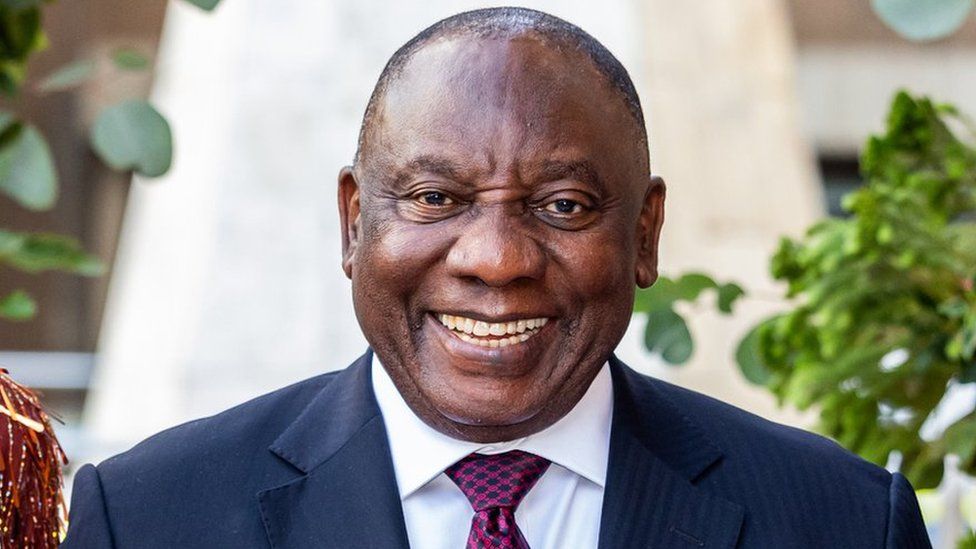South Africa moved to level 3 of our Coronavirus lockdown on June 1. More economic activity was permitted, we can exercise anytime (within the curfew hours), buy alcohol, and attend religious services (in groups of 50 or fewer). We won’t be able to buy tobacco, even though the state’s case for this restriction is threadbare.
The global scene
But even as the gradual resumption of something resembling normal life picks up pace, there sometimes seems little room for optimism. There are widespread riots in the USA after more black citizens were killed by police, and here at home, Collins Khoza is one of many who have been killed by overly zealous members of the police and army while enforcing their interpretation of lockdown.
Meanwhile, Trump seems to be handing Hong Kong over to China. And, in an increasingly dispiriting trend, people on social media seem to be becoming more and more uncharitable towards others in defending their preferred plan against others, and accusing those who share data they don’t like of malice, or incompetence – as if anyone can be sure of anything at this point.
The place for humanity
I’m inclined towards Stoicism, and as I was saying to a friend the other day, rarely care about things in a manner that leaves me sad, tearful, or anxious. But I still believe that some things matter and that we should try to be good people because we can cause harm with our actions, or we can help.
And the arguments I often see, with their lack of charity and humanity, act as emotional vampires of a sort, because it’s somehow seriously dispiriting to see some people consistently thinking the worst of others, and responding to each other with insult instead of curiosity or compassion.
We’re all struggling with knowing what to do, or with finding the motivation to do anything while we wait for possible clarity on whether we’re in as bad a catastrophe as some fear, or indeed even whether the feeling of fear is what helps create the catastrophe, through leading us into excessively repressive responses to Covid-19.
I don’t mean only the repression of staying locked-down for longer than we should, or in more restrictive ways than we should. There are also longer-term issues, such as whether we will be able to take back our privacy once it has been ceded in the service of tracking our movements through cellphone data, in order to control the spread of the virus.
As Tom Moultrie (Professor of Demography at the University of Cape Town) puts it in this panel discussion on data rights in a post-pandemic world,
“After the fact it is hard to get the genie back in the bottle, so accountability for data use has to be continuous and subject to ongoing reevaluation,” and planned from the outset. This includes planning for regularly inspecting data sharing agreements, up-front creation of sunset clauses and data deletion agreements, ongoing disclosure of how data are used, and early establishment of plans for post-crisis audits of how data were used. In this spirit, Moultrie called for “post-COVID data compacts” to document government commitments to a retrospective look at how data was used during the crisis, to walking back any intrusive uses justified by the crisis response, and to full restoration of data rights.
The ‘new normal’ and our liberties
Spiked isn’t a publication I’m fond of, but this piece is a good reminder of how, in the years after 9/11, certain restrictions (security theatre at airports, surveillance cameras, etc.) were accepted as ways to keep us safer. At the time, many might have thought that the restrictions were applicable to a certain context,
But, as the years went on, the surveillance and the erosion of liberty became the ‘new normal’. We sacrificed many of our freedoms on the altar of safety.
It’s easy for a new way of doing things to appear normal, or even “the way it’s always been”, and it’s also unfortunately the case that crisis is a great opportunity for authoritarians to get away with shifting the “normal” in ways we’d usually be appalled by, simply because we’re too distracted to notice their long-term implications.
A case in point is, to my mind, the recent City of Cape Town by-law amendment proposals, which have hopefully been rejected (we haven’t heard, at the time of writing).
It’s easy to feel defeated and perhaps depressed at times like these. Not “easy” in the sense of it being a cop-out, of course, but understandable and even to some extent, predictable.
Darrel Bristow-Bovey’s latest letter is a powerful exploration of these feelings, but it also reminds us of things that can give us hope – acts of charity, and mostly, acts of people not waiting for direction from government, but rather taking personal responsibility for keeping community and compassion alive.
I’d urge you to read it, and hopefully, it will remind you that if you’re feeling somewhat confused or anxious about how you should be feeling, we’re pretty much all in that shitty (albeit enormous) boat.
Something that gives many people solace at times like these is their faith, and the activity of congregating with other members of that faith, in solidarity and worship.
It confused many of us when President Cyril Ramaphosa announced that under level 3, churches would open, but other establishments that could service fewer than 50 at a time – with equal or superior health-preservation strategies – would not be allowed to.
I am one of those who believe this to be another irrational regulation, and in this case, an instance of religious privilege. I explain why in this radio interview with Bruce Whitfield on CapeTalk/Radio702, but it’s really fairly obvious.
Whether it’s a good idea or not to allow gatherings of 50 or fewer (a separate issue), it’s logically completely inconsistent and preferential to allow religious services while not allowing limited-service restaurant meals, or haircuts at salons that can guarantee a minimum level of safety (to name but two examples).
Various other activities can be just as meaningful to me (or others) as religious observance can be, and the cynical – and unfortunately plausible – interpretation here is that the religious community is afforded special treatment because of their influence at the ballot box, in a country where the vast majority of the population is religious.
Nevertheless, most religious people are still decent people like you and me, so one would hope that even if given the opportunity to contribute to spreading a virus, they would decline. Which is why I tweeted:
The decision to allow religious gatherings (of 50 or fewer people) offers a great opportunity for religious organisations to show the moral leadership they keep talking about, by refusing to host any.
— Jacques Rousseau (@JacquesR) May 26, 2020
And, to end this on a positive note, that seems to be happening. Here’s the list of religious organizations and representatives that I’ve heard about (and there are many more, I’m sure) who agree that even though their religion is important to them, they aren’t forgetting that keeping their fellow believers safe is not only part of their religious mission, but also, something any humane person would strive to do.



